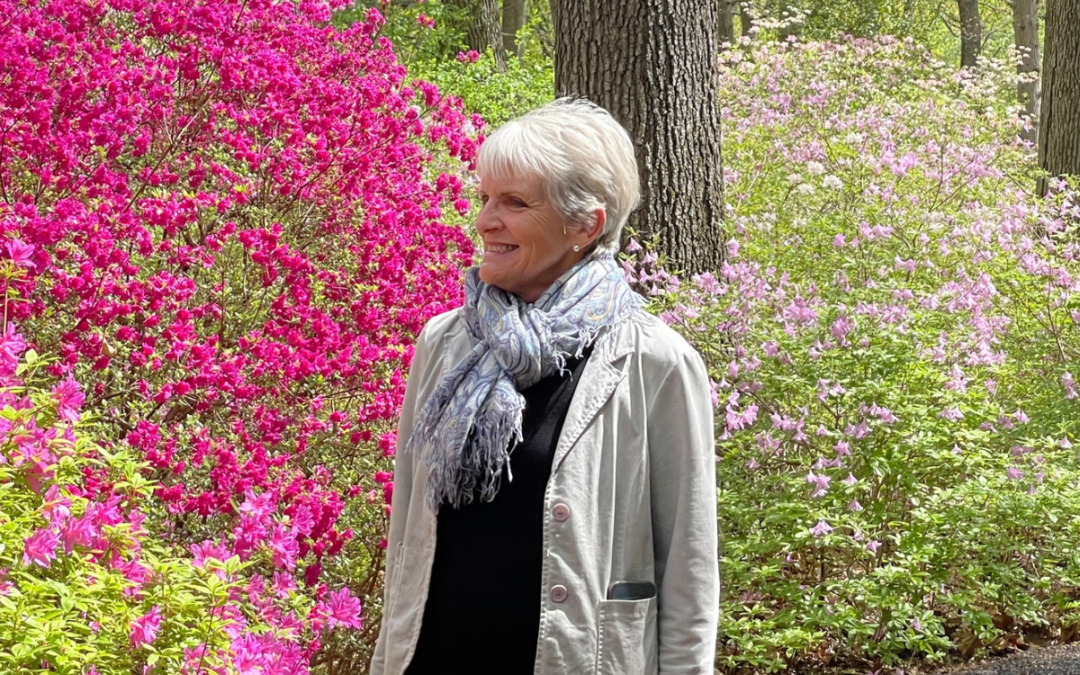West Chester, Pa (November 9, 2022) – Pennsylvania drivers and motorists who want to show their support for protecting pollinators can now do so – on their license plates.
Recently, the legislature unanimously approved and the governor signed into law Act 112 of 2022, creating the Pollinator Conservation Registration Plate and the Pollinator Habitat Program Fund.
Based on legislation introduced by state Senator Carolyn Comitta and state Representative Kristine Howard, sales of the specialty license plates will support a new program to support the migration of pollinators by creating native grass and perennial wildflower-filled habitats along our state highways.
“Pollinator decline and the loss of pollinator habitat is a major concern,” Comitta, who serves as minority chair of the Senate Environmental Resources and Energy Committee, said. “This a simple way motorists can help raise awareness and support for the need to protect these tiny creatures – creatures that have a mighty impact.”
According to the Pollinator Partnership, birds, bats, bees, butterflies, beetles, and other small animals that pollinate plants are responsible for bringing us one out of every three bites of food. Pollinators also provide pollination services to over 180,000 different plant species and more than 1200 crops. And pollinators add $217 billion dollars to the global economy and honeybees alone are responsible for billions of dollars in agricultural productivity in the United States.
Due to a variety of factors including urbanization, pesticide use, climate change, and the spread of emergent predators, pollinator populations have been in a steady decline. Beekeepers in the United States lose about 30% of their colonies each year.
“Protecting our pollinators is imperative,” Howard said. “By creating roadside native grass and perennial wildflower-filled habitats along our state highways, we will not only reduce maintenance costs, but beautify our state and protect our crops.”
The Pennsylvania Pollinator Conservation License Plates are $38 in addition to the regular registration fee. $25 of the fee is dedicated to the habitat program fund.
“Pollinators are vital to environmental health, public health, and our very way of life,” Comitta said. “By cultivating new pollinator habitats, we are not only supporting these animals, but our food supply, our agriculture industry, and our economy as a whole.”

